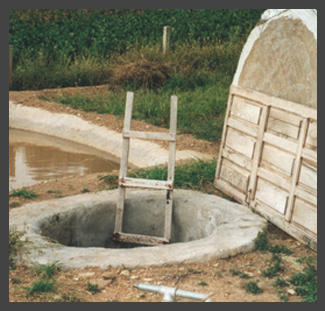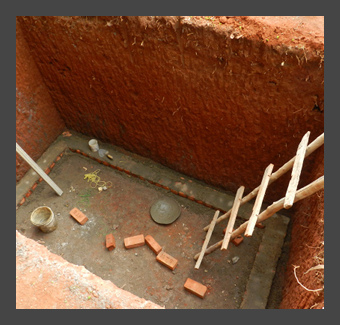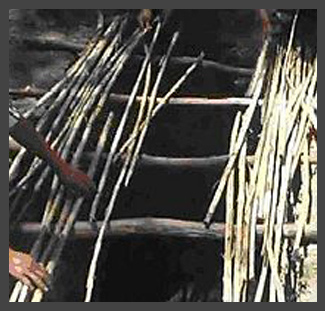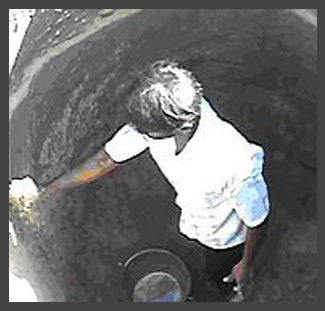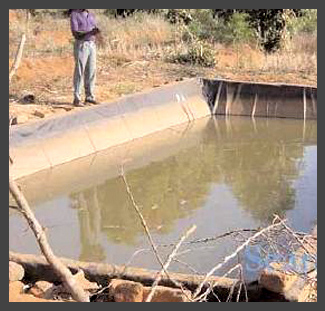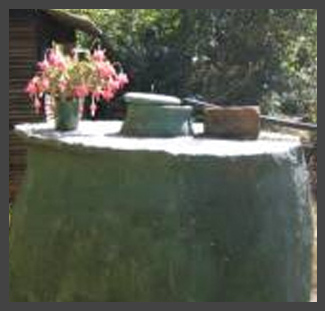Difference between revisions of "Below ground tanks"
From Akvopedia
(→Field experiences) |
(→Below ground tank links) |
||
| Line 42: | Line 42: | ||
===Below ground tank links=== | ===Below ground tank links=== | ||
| − | * VIDEO: [ | + | * VIDEO: [https://vimeo.com/8453929 Tanks - underground cistern in sandy soil.] EMAS video. |
Latest revision as of 19:17, 28 June 2020
| |
|
|
|
|
|
|
|
|
|
One of the best advantages of underground water tanks is the space conserved by simply installing the water tank in the ground. This provides extra or larger space which may be utilized for other purposes. The underground water tank eliminates exposure to weather conditions but must lie above the water-table level. However, below ground tanks are more expensive to build. The plastic-lined tank and the ferrocement jar tank can be either above ground or below ground.
Field experiences
These projects may be utilizing below ground tanks and are part of the project listing in Really Simple Reporting (RSR) on Akvo.org.
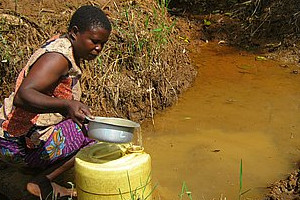 Rwenzori Integrated School WASH Project |
RSR Project |
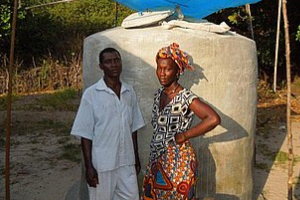 Rainwater harvesting in Guinee Bissau 2 |
Below ground tank links
- VIDEO: Tanks - underground cistern in sandy soil. EMAS video.
